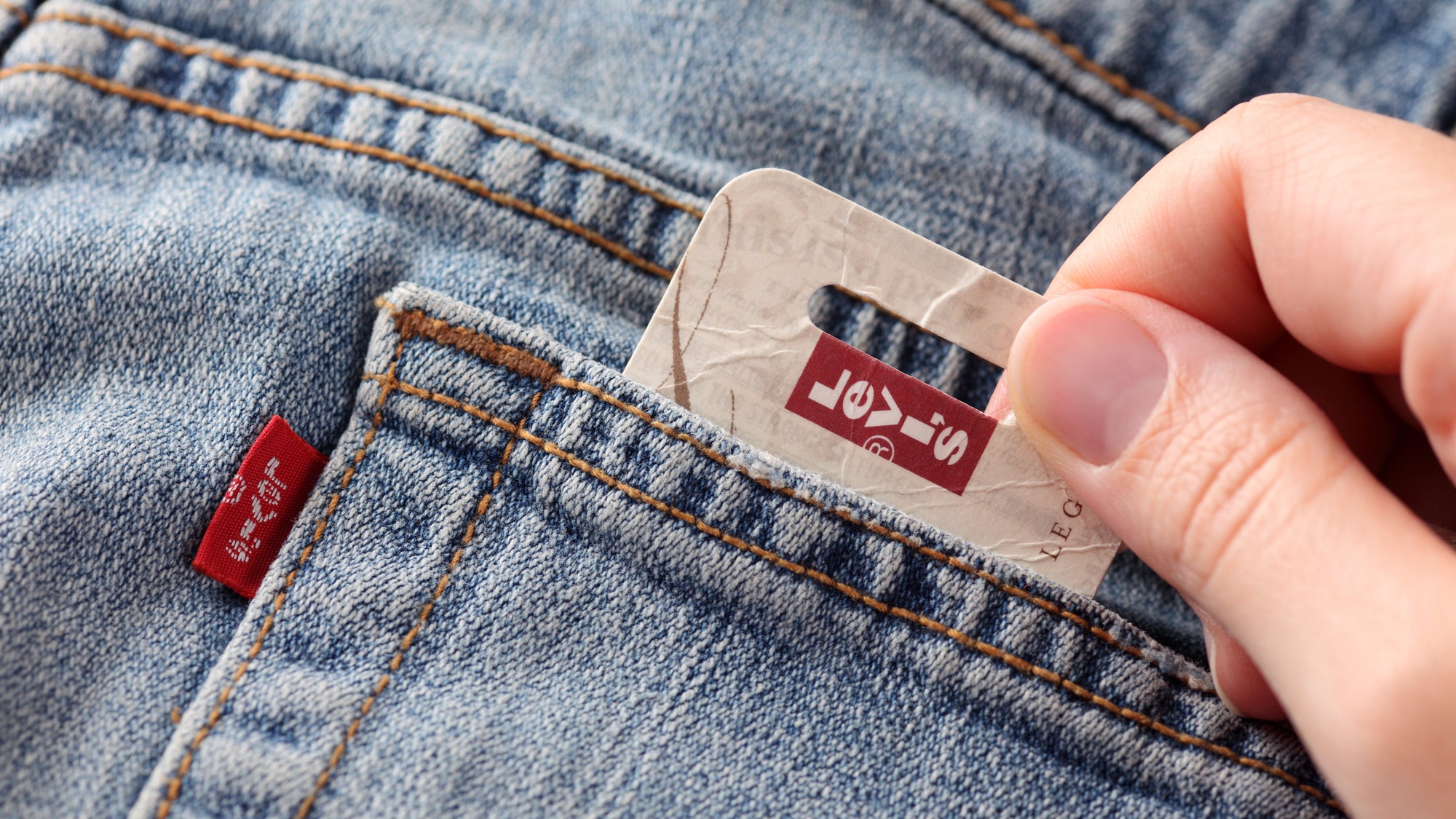Hackers Win Tesla Car After Exposing Security Flaws – Revealing Vulnerabilities in the System

Introduction:
Levi Strauss & Co. is an American apparel company that has been producing denim clothing since its establishment in 1853. The brand is not only renowned for its high-quality jeans but also for its commitment to sustainability and social responsibility. In line with its sustainability goals, Levi's recently announced its plan to use Artificial Intelligence (AI) models to boost its sustainability and diversity efforts. This article will explore Levi's use of AI models and their potential impact on sustainability and diversity.
The Need for Sustainability and Diversity in the Fashion Industry:
The fashion industry is one of the main contributors to environmental pollution. On average, it takes 1,800 gallons of water to produce one pair of jeans, and the industry contributes 10% of global greenhouse gas emissions. Additionally, the industry has been struggling with diversity and inclusion issues, with issues such as discrimination and a lack of representation of people of color and those in the LGBTQ+ community. These problems have made it necessary for fashion brands to take actions to ensure their practices are sustainable and inclusive.
Levi’s Use of AI Models:
Levi's has turned to AI models to address sustainability and diversity concerns. According to the company, AI models can help reduce the amount of water, energy, and chemicals needed to produce denim clothing. Additionally, the technology can be used to analyze consumer data to better understand the market and create products that meet consumers' sustainability and diversity needs.
According to a press release from the company, Levi's is using AI models in the following ways:
1. Sustainable Materials: Levi's is using AI models to identify and analyze sustainable materials that can be used to produce its denim clothing. The technology can assess the environmental impact of various materials and help the company choose the most sustainable options.
2. Water Conservation: AI models are being used to optimize Levi's water usage in its manufacturing processes. The company hopes to use the models to reduce its water consumption by up to 50%.
3. Reduced Waste: AI models can help reduce waste by predicting demand, and producing only the necessary quantities of products. This can reduce stockpiling and excess inventory, reducing the amount of waste generated.
4. Diversity and Inclusivity: Levi's plans to use AI models to analyze consumer data and better understand the diversity and inclusivity needs of its customers. The data can be used to create products that cater to the diverse needs of customers, ultimately leading to a more inclusive brand.
Impact of Levi’s Use of AI Models:
Levi's use of AI models has the potential to create a significant impact on sustainability and diversity efforts in the fashion industry. By using technology to optimize its manufacturing processes, the company can reduce its environmental impact and conserve resources. Additionally, the use of AI to analyze consumer data can help create more inclusive and diverse products, representing a wider range of customers.
The use of AI models also has the potential to improve Levi's bottom line. Reducing waste and optimizing production can save costs, while creating more sustainable and diverse products can attract a wider customer base.
Conclusion:
Levi's commitment to sustainability and diversity is admirable, and the use of AI models to achieve these goals is innovative. The technology has the potential to revolutionize manufacturing processes and create more inclusive and sustainable products. While there are still concerns about the use of AI and its impact on jobs, Levi's has shown that AI can be used to create positive change. We look forward to seeing how Levi's continued use of AI models impacts its sustainability and diversity efforts in the coming years.
Comment
Popular Posts
- 1
- 2
- 3
- 4
- 51 year ago
Latest Posts
- 1
- 2
- 3
- 439 minute ago
- 5
Categories
- World 13191 Post
- Knitting 18 Post
- General 17 Post
- Travel 183 Post
- Technology 12247 Post
- Movies and Series 14088 Post














There are no comments yet.